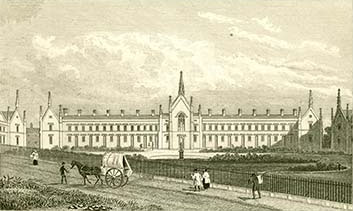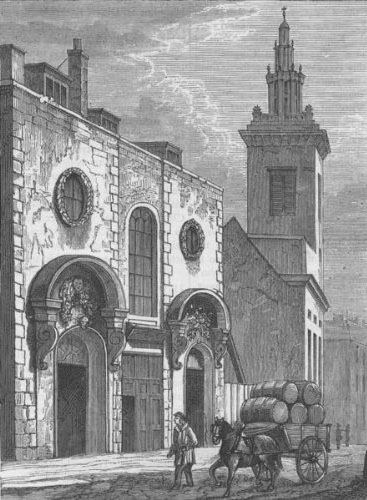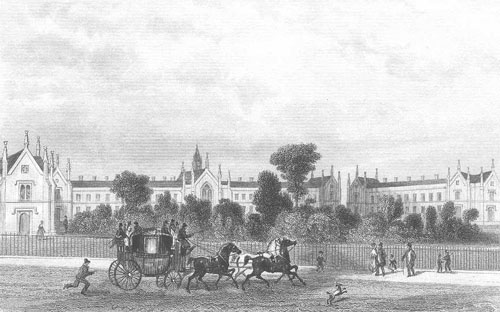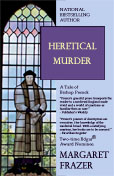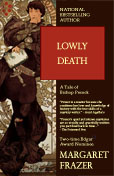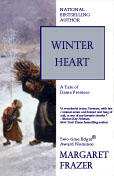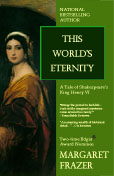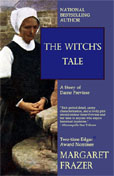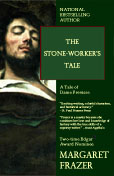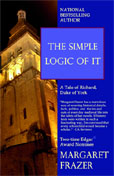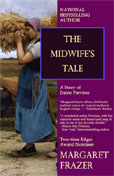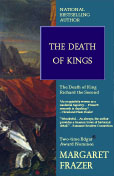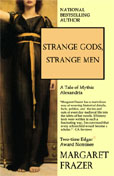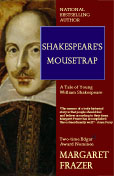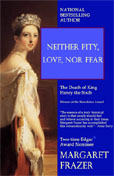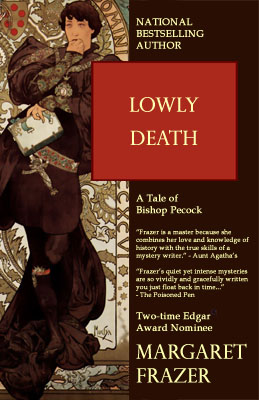
“Lowly Death” has been released for the Kindle and Nook. It can also be read on any iPad, Android, Windows PC, Mac, or Blackberry device using the free Kindle Reading Apps for those platforms.
A CUNNING AND CLEVER GREED…
Come down the Paternoster Passage, cross the church’s yard, and knock on the doors of Master Whittington’s Almshouse. Master Pecock, a man of the cloth and the greatest detective of 15th century London, will answer your call.
Just as he answers Dick Colop’s call. The mother of young Colop’s friend has slipped, fallen, and died. But something doesn’t feel right about it. There’s a strange uneasiness creeping at the back of Colop’s mind.
And then there was the matter of the candle.
It was in the kitchen. A burned down stub of a candle. It had rolled under a table. And left a thick splattering of wax on the floor a foot or so away.
That was enough. Master Pecock was on the scent. The scent of lies. The scent of wrongs. The scent of murder.
Kindle Edition – Nook Edition
“Lowly Death” is the third tale of Bishop Pecock, coming after “Heretical Murder” and after “The Simple Logic of It”. It was first published in Murder Most Catholic, edited by Ralph McInerny. Master Pecock has advanced in his priestly career and is now head of the well-endowed Whittington Almshouses in London. Rather than the tendrils of national crime, here he deals with a domestic matter.
The plot came – as so many of my plots do – from an actual medieval situation. I will often be innocently reading some scholarly study or else the documents themselves, when something catches at the criminally-inclined corner of my mind and I suddenly ask, “Yes, but what if…” and away I’ll be, the twisty mind of a mystery writer turning what – in the document – was a perfectly straightforward business matter into a full-blooded (and usually bloody) convolution of human relationships and situations. And when I look back from the finished story to the innocent document that started at all, I’ll often be surprised at how far the transmutation of imagination has taken the original few facts.
One small but continually niggling thing stays with me from this story: The editor’s note at the beginning of the anthology. There Mr. McInerny stated that, although the story “uses medieval setting for color, it remains a thoroughly modern deductive mystery”. In fact, the methods of deduction used in the story are perfectly medieval, drawn directly from the methods of deduction outlined by Master Pecock himself in his own works of circa 1450, wherein he urged people to seek truth through the use of reason and demonstrated how to do it, very much in the way he uses logic and reason in this story.
– Margaret
